The City, Sinking in Flames of War
During World War I, Šiauliai became a strategically important point, crossed by the main railway lines, making it the venue of fierce clashes. It is one of the cities of Lithuania that suffered most during the war. As the Russian Empire Army was retreating and leaving the land of Lithuania, the German Army, entering the city, robbed, devastated and set it on fire. The fire was so large that, according to the regional press of that time, the sea of flames was illuminating the city all night. The raging of the German Army ceased only when three quarters of the city’s buildings were destroyed and burned, but the battles for Šiauliai continued. The Russian Army, having returned, being repeatedly defeated and shrinking, again set the city on fire. The local press continued to describe the sad fate of Šiauliai, mentioning that all that remained from the city was a large cemetery, overgrown streets and just 5,000 inhabitants. The network of educational institutions was completely destroyed in the city, there was no library or school (it was allowed to set up only small shelter schools, which also did not last long). In 1917, the gymnasium started functioning in the city again. ‘Varpas’ society, which was closed at the beginning of occupation of the Kaiser’s Germany, after reorganisation called ‘Kanklės’, revived.
Most of the enterprises were no longer able to function because they no longer had materials for manufacturing any production. Only Ch.Frenkelis’s tannery was still functioning until it ran out of its raw materials reserves. Small businesses, which did not stand excessive tax burden, closed.
After the war, in the beginning of January, 1919, being chased by the Bolsheviks Army, the German Army was forced to leave the city but quickly returned again, though only for several months. This time, their consolidation was restrained by representatives of the emerging municipality, led by K. Venclauskis, who had already acquired sufficient political experience and began to decide how the city should be managed and in which direction it should move forward.
As soon as Germans retreated from Šiauliai, local inhabitants immediately received new uninvited guests: the Bermondt’s Army. Their activities in the city were marked by a single feature: permanent robbery of institutions and residents and devastation of the area. Šiauliai municipality responded to them by setting up a temporary partisan headquaters in Šiauliai, which united partisans’ squads, and assisted by the Lithuanian Army, after two months of rampage of the Bermondt’s Army, defeated the intruders. One of the most significant moments of these battles was when the Lithuanian Army, at that time still poorly armed, confiscated the weaponry transported in trains of the Bermondt’s Army and later successfully used it in the war, this way reaching the breakthrough in the battles.




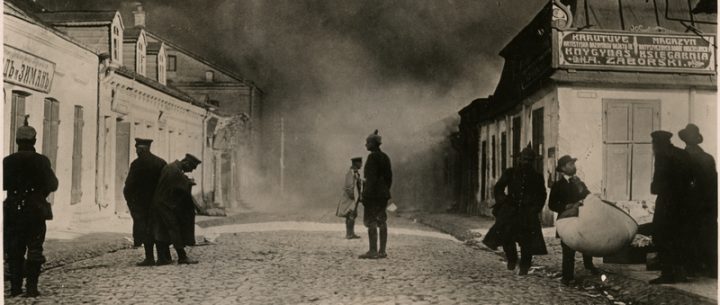
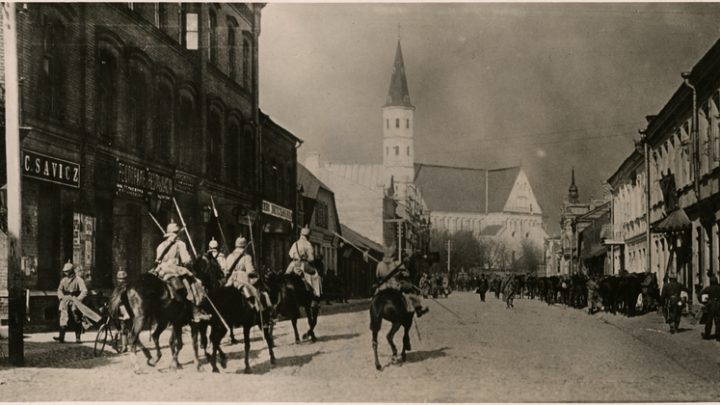
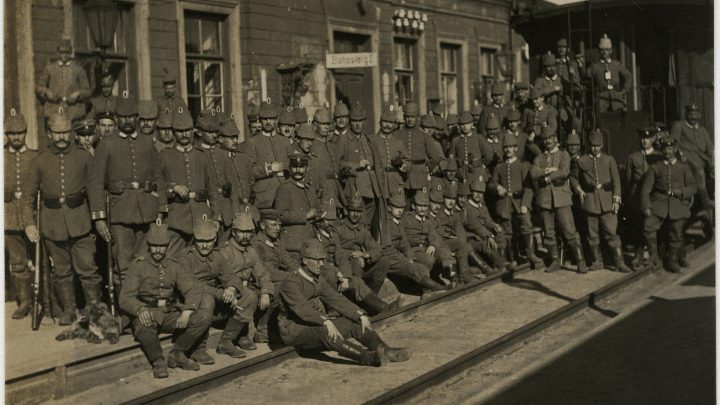

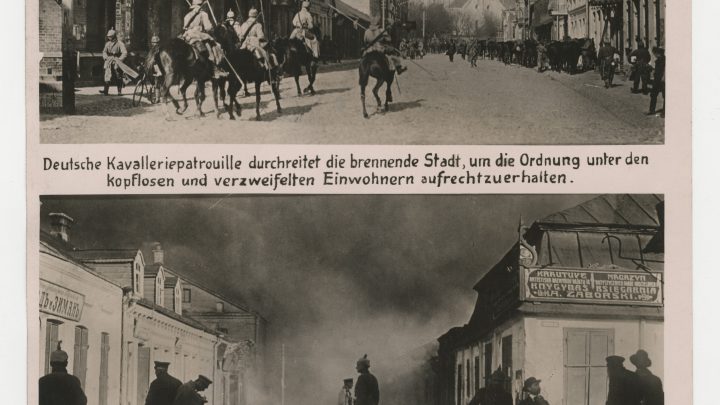
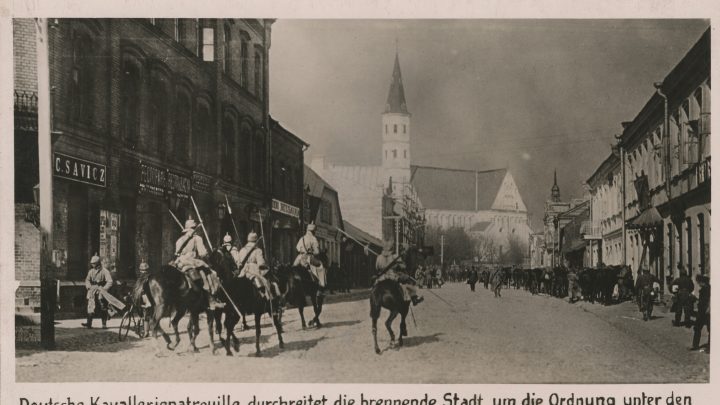
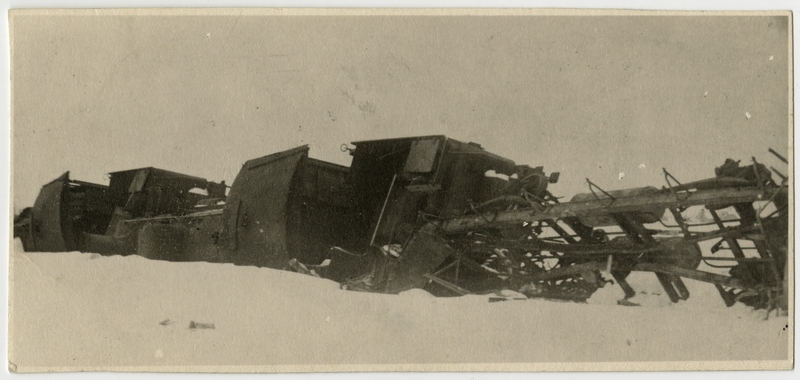


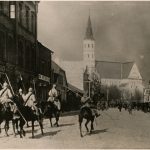
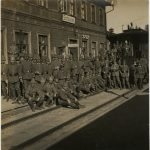

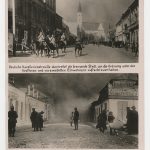
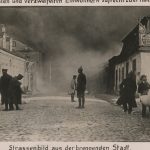


Leave feedback